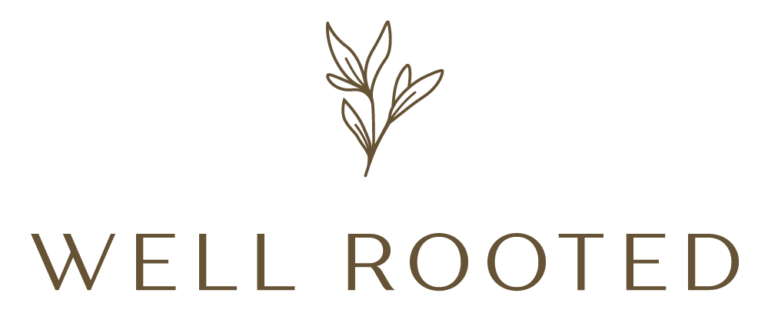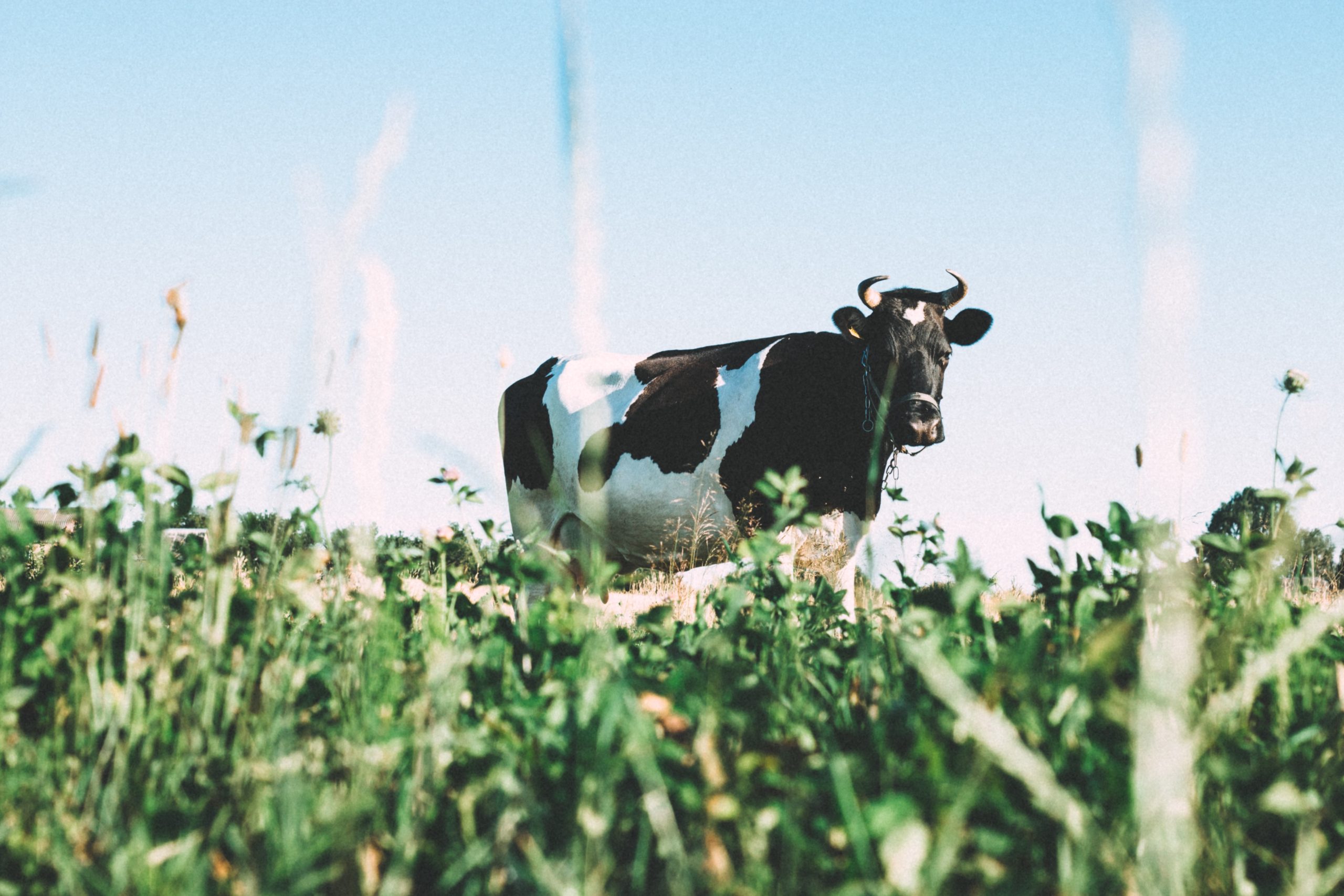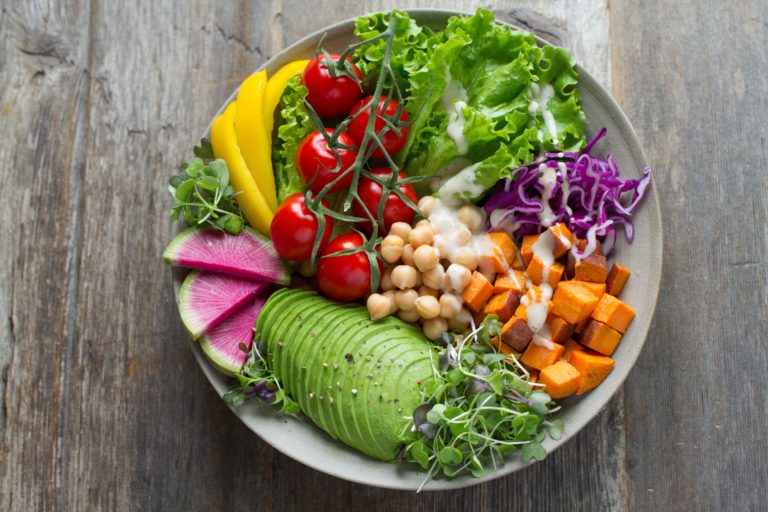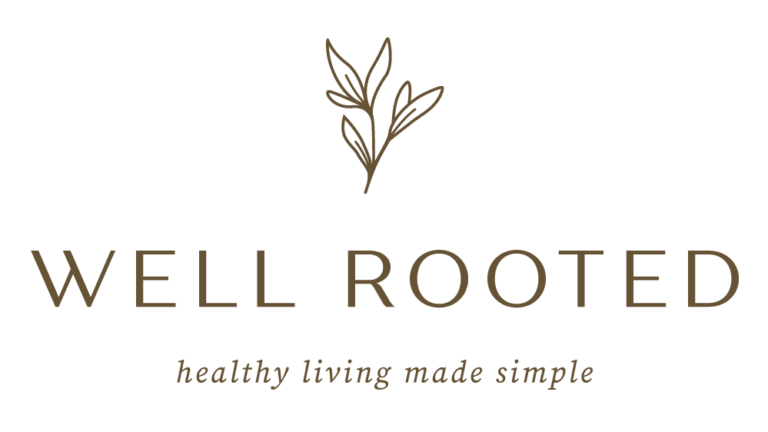Food Talk: Debating Dairy, For and Against
When I share with others that I follow a Paleo lifestyle, the most common response is questioning why I don’t eat dairy. People cannot believe it. But where do you get your calcium from? Yogurt is so good for you, why wouldn’t you eat it?
This is also a hot topic in the Paleo community, one that rarely finds an agreement. Some support eating dairy, and some won’t go near it. So what is the right answer?
In order to address these common questions, I have outlined some educational articles, facts, and personal beliefs regarding the great dairy debate.

DEBATING DAIRY: FOR
There are people who can eat any form of dairy, and digest it perfectly fine, so there isn’t any reason they wouldn’t enjoy it daily. And if you are one of them, there are some quality options out there.
Raw and fermented dairy has been shown to include numerous vitamins, essential fats, and minerals. Some well-founded companies also produce quality yogurt and kefir that contain loads of healthy probiotics.
Grass fed butter, ghee and pasture eggs are considered super foods, and are accepted by many Paleo and health communities.
In addition, there are a few studies that show grass-fed full fat dairy can help with growth limitations, assist with digestion, and even prevent cancer. However, this information is still new and limited.
As always, know your individual limitations. If you don’t tolerate dairy, you may want to avoid these items as well.
DEBATING DAIRY: AGAINST
DAIRY PRODUCTION
Depending where you are from, many of your recent ancestors likely did consume dairy frequently. The biggest difference is that the diary available decades ago is nothing like the diary we consume today. Modern dairy is a big business, and less about producing quality products.
Sadly, much of what the major associations tout as healthy dairy products are made from over processed, hormone induced, antibiotic ridden cows. This doesn’t even begin to scratch the surface of how the animals are raised and treated.
With milk’s purpose to aid in the growth of young, it and any byproducts contain many of the mother’s hormones. Which means, if your cow is fed growth hormones and treated with antibiotics, you are ingesting these additives with your milk.
THE HEALTH IMPACT
Most of our nation, and in fact about 65% of the world’s population, is lactose intolerant. So more than half of humanity experiences some form of digestive distress after ingesting dairy. Seems incredible, right? Why would this be?
One of the foremost leaders in the Paleo community, Loren Cordain, PhD, provides incredible scientific support for avoiding dairy. Some of the key highlights from his research include:
- We are the only species who consume milk after infancy. It is difficult for us to digest because we lose the enzyme to process lactose when we outgrow infancy.
- Dairy is an allergy inducing food. Cow’s milk can often manifest allergy symptoms in people who have issues with gluten.
- It has taken decades, but major publications and medical professionals are finally supporting the link between dairy and acne.
- Milk does not contain many beneficial nutrients, especially when compared with other foods.
- Milk and other low-fat dairy causes an insulin spike, which is an issue for those with blood sugar regulation.
- Consumption of cow’s milk in infants is linked to allergies and colic.
DEBATING DAIRY: BOTTOM LINE
BECOME EDUCATED
If you do consume dairy, make sure and do your research. Connect with local farms in your area, and identify those who sell raw or pastured dairy. There are resources available for locating a supplier, and don’t be afraid to ask them questions. They appreciate your support more than you know, and enjoy connecting with customers.
If you do purchase dairy from a store, seek out organic and pasture-raised options. Kerrygold is a quality grass-fed butter and cheese producer, and both Organic Valley and Kalona SuperNatural offer grass-fed cheese, yogurt and milk.
For additional reading on dairy and your health visit these sites:
- A great overview of the dairy topic, including nutritional values of specific items.
- This detailed article references numerous studies both for and against dairy.
- A breakdown of dairy health concerns, citing multiple sources.
- Outlining the lack of milk’s benefits, and the problem with the Food Pyramid.
IN CONCLUSION
If you takeaway one item today let it be this – be an informed consumer. Know where your products are coming from, how they are treated, and if they are something beneficial for you individually. There is no more powerful adversary than an informed consumer.
What do you think about dairy? Do you consume it, or stay away?








